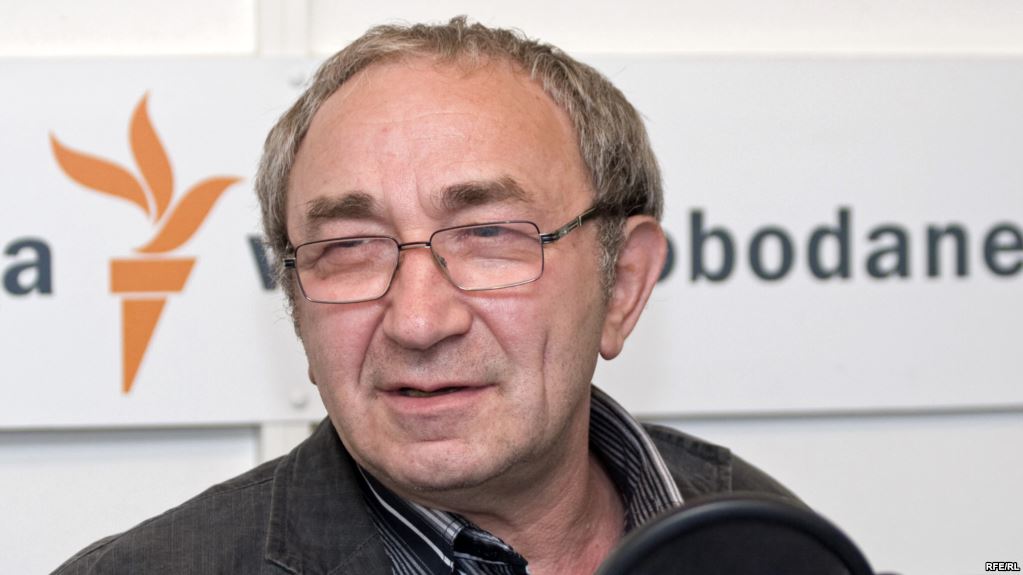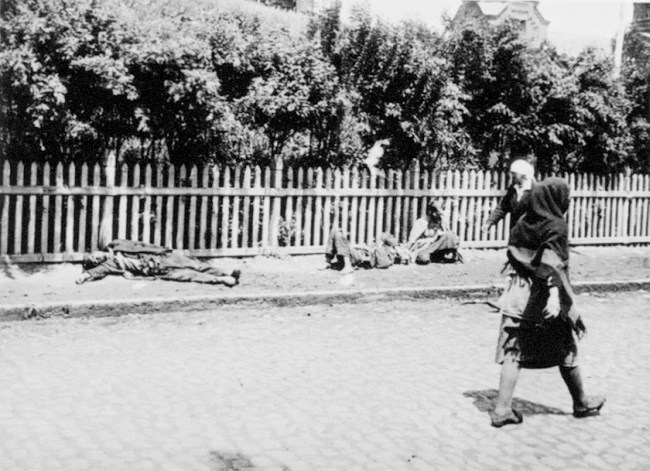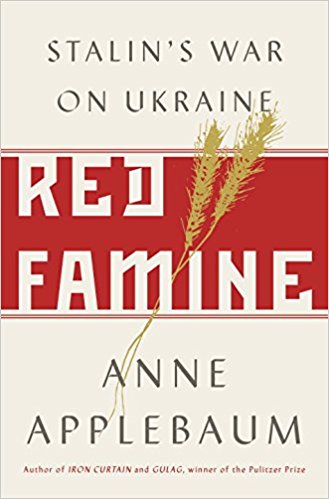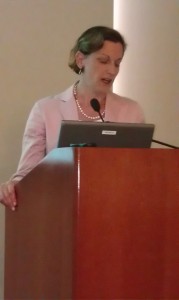Nobel poet Joseph Brodsky to Russia’s leader: “A language is a much more ancient and inevitable thing than a state.”
Monday, February 21st, 2022When American tourists visiting Soviet Moscow asked Russian Nobel poet Joseph Brodsky where they could get the best view of the Kremlin, he responded gleefully: “from the cockpit of an American bomber.”
He left more quietly, however, on a when he was famously expelled from his homeland in 1972 – but not without sending a letter to the head of the U.S.S.R.: Leonid Ilyich Brezhnev, who held that position longer than anyone except Stalin. The poet told Brezhnev he was “leaving Russia against my will, which you may know something about.” Then he made a job plea: “I want to ask you to give me an opportunity to preserve my presence and my existence in the Russian literary world, at least as a translator, which is what I have been until now…” He was denied this modest role.

His letter of June 4, 1972, begins:
“Dear Leonid Ilich . . . A language is a much more ancient and inevitable thing than a state. I belong to the Russian language. As to the state, from my point of view, the measure of a writer’s patriotism is not oaths from a high platform, but how he writes in the language of the people among whom he lives . . . Although I am losing my Soviet citizenship, I do not cease to be a Russian poet. I believe that I will return. Poets always return in flesh or on paper.”
“From evil, anger, hate – even if justified – we none of us profit. We all face the same sentence. Death. I who write these lines will die; you who read them will, too. Only our deeds will remain, but even they will suffer destruction. It’s hard enough to exist in this world – there’s no need to make it any harder.”
He never published the letter. When asked if he should, he replied, “No, it was a matter between Brezhnev and me.” “And if you published it, then it’s not to Brezhnev?” And the poet replied yes, precisely. Ellendea Proffer Teasley recalled in Brodsky Among Us, “Joseph was bold when he approached the famous and the accomplished. It was not that he was egotistical – although he had a strong ego – it was that he took his calling seriously. This is why he felt he had a right to address Brezhnev – he was a poet and therefore equal to any leader.”
Brezhnev never answered. Why would he answer a letter from an impertinent nobody? And Russia never learned. We mourn the catastrophic decisions today to roll back the clock to the 1980s. As Anne Applebaum wrote today in The Atlantic: “Despite everything that was said, everything that was promised, and everything that was discussed, Ukraine will fight alone. At a dinner last night, a Ukrainian woman whom I first met in 2014—she began her career as an anti-corruption activist—stood up and told the room that not only was she returning to Kyiv, so was her husband, a British citizen. He had recently flown to London on family business, but if there was going to be a war, he wanted to be in Ukraine. The other Ukrainians in the room nodded: They were all scrambling to find flights back too. The rest of us— American, Polish, Danish, British—said nothing. Because we knew that we would not be joining them.”
“All tyrannies rule through fraud and force, but when the fraud is exposed they must rely exclusively on force.” ~ George Orwell.





 Instead, in the autumn of 1932, the Soviet politburo, the elite leadership of the Communist Party, decided to use the famine to crush Ukraine’s sovereignty and block any future peasant rebellion. They took a series of decisions that deepened the famine in the Ukrainian countryside, blacklisting villages and blocking escape. At the height of the crisis, organised teams of policemen and local party activists, motivated by hunger, fear and a decade of hateful propaganda, entered peasant households and took everything edible: potatoes, beets, squash, beans, peas, farm animals and even pets. Immediately afterwards, they banned anyone from leaving Ukraine and set up cordons around the cities so that peasants could not get help.
Instead, in the autumn of 1932, the Soviet politburo, the elite leadership of the Communist Party, decided to use the famine to crush Ukraine’s sovereignty and block any future peasant rebellion. They took a series of decisions that deepened the famine in the Ukrainian countryside, blacklisting villages and blocking escape. At the height of the crisis, organised teams of policemen and local party activists, motivated by hunger, fear and a decade of hateful propaganda, entered peasant households and took everything edible: potatoes, beets, squash, beans, peas, farm animals and even pets. Immediately afterwards, they banned anyone from leaving Ukraine and set up cordons around the cities so that peasants could not get help.










